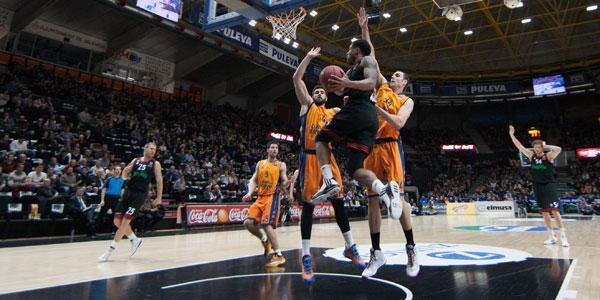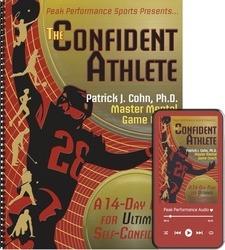
How to Manage Strict Expectations
Last week, I wrote to you about confidence-killer #1 in sports: Harboring strict expectations…
Athletes who maintain very high expectations (demands) easily lose confidence when they don’t perform up to their expectations.
Strict expectations also can lead to judgmental thinking and self-doubt. Even worse, athletes become frustrated when they fail to perform up to their expectations and lose focus altogether.
This week, I’d like to discuss confidence booster #1: How to manage these strict expectations. When you can manage strict expectations, you or your athletes’ confidence will flourish…
A few coaches and athletes do resist my idea about expectations being harmful to performance. That’s because they see confidence and expectation as one in the same. But they are not.
So how can you remove the problems of strict expectations?
Here’s the plan:
- Identify what expectations get in the way for you or your athletes.
- Throw expectations away–stop demanding you must reach them.
- Replace them with more manageable goals or objectives.
Most athletes find it hard to stop focusing on to expectations because they have done it for so long (and often adopt them from others).
So what’s the solution?
The solution is to replace strict expectations with more manageable objectives or what we call process goals (mini goals).
Think of process goals as objectives or performance cues and not really goals you must achieve. Remember that you strive for and focus on goals–you don’t have to reach them.
What are the objectives you should focus on? Ask your one important question:
“What can I focus on that will help me execute or prepare for…” …this shot …this play …this pass, or …this race?
When you focus on small objective that help you execute in the moment, such as your target or committing to the play, for example, your mind is locked into the present and not obsessed with obtaining results (a la expectations).
Here are a few sport-specific examples of objectives or mini goals:
- Golf: Focus on picking smart targets
- Tennis: Focus on trusting my forehand strokes
- Baseball: See the ball and react. Keep it simple.
- Hockey: See the open player for the pass
- Swimming: Focus on staying on top of the water
- Basketball: Focus on being decisive with shooting
Obviously, you can select many objectives to help you focus on execution. But the key is to select an objective or performance cue that will help you prepare for or execute a good play, shot, routine, or pitch.
And keep it simple, don’t over-complicate your performance!
Related Sports Psychology Articles
- Fear of Meeting Other’s Expectations and Pressure
- When Athletes Fail to Meet Others’ Expectations
- How Athletes Can Manage Expectations
*Subscribe to The Sports Psychology Podcast on iTunes
*Subscribe to The Sports Psychology Podcast on Spotify
Download a free sports psychology report to improve your mental game!
Learn more about our one-on-one mental game coaching.
The Confident Athlete

“The Confident Athlete” consists of 2 audio programs that include 14 days of confidence fueling exercises and a simple to follow workbook that guides you through the 14 days, helps you apply the strategies, and customizes the exercises to your personal needs.
Let me help you put a stop to the confidence leak. You can learn to have greater levels of confidence in competition than you do in practice by identifying the specific ways you undermine your own confidence and how to convert your practice confidence into COMPETITIVE CONFIDENCE.
“The Confident Athlete” is a ground-breaking system to teach you how to think like a champion and have ultimate self-confidence every time you step on the playing field, court, track, or course. The confident athletes was developed for any athlete – junior to professional –that wants to gain confidence. However, coaches and sports parents can learn how to teach others to perform with ultimate confidence. Use my program if you want to bust a slump or just wanting higher or more consistent levels of self-confidence.
